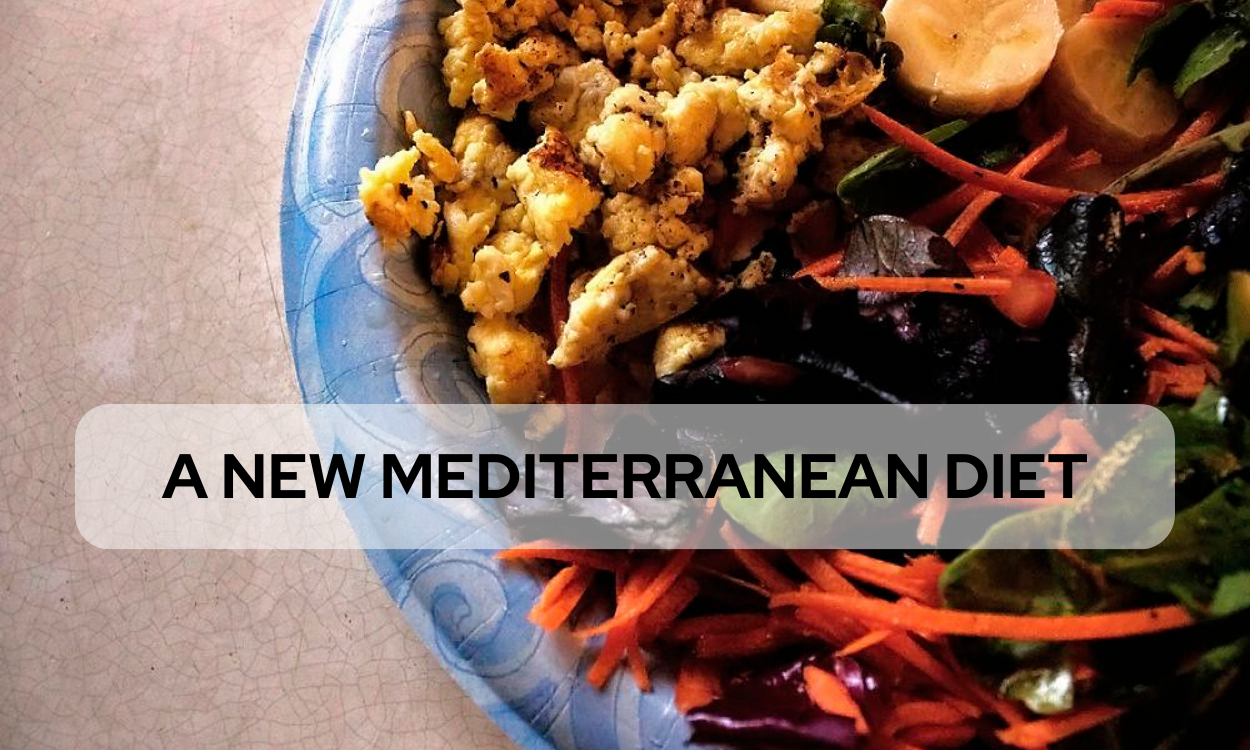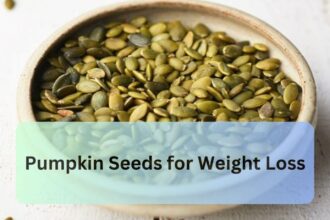Introduction
The Mediterranean diet, which is renowned for its heart-healthy advantages and delectable cuisine, has long been a model of healthy dining. In recent years, a “New Mediterranean Diet” has emerged, incorporating traditional principles with modern nutritional knowledge and global culinary influences. This revised strategy emphasizes not only what we consume, but also how we ingest. In this article, we will delve into the New Mediterranean Diet, examining its key components, health benefits, and how it can serve as a guide for a lifetime of flavorful, nourishing, and environmentally-friendly dining.
Adopting a Plant-Centered Diet
The foundation of the New Mediterranean Diet is a transition toward a plant-based diet. The traditional Mediterranean diet has always been rich in vegetables, but the new approach emphasizes plant-based foods even more. This means that you should consume more fruits, vegetables, legumes, whole cereals, nuts, and seeds.
Superiority to Quantity
In the New Mediterranean Diet, the emphasis is placed not only on what you consume, but also on the content of your food selections. Choose minimally processed, whole foods whenever possible. Choose extra virgin olive oil as your primary lipid source, and choose lean protein sources such as fish and poultry over red meat. Focus on fiber-, vitamin-, and mineral-rich foods to nourish your body and aid in weight management.
Conscious Eating
The New Mediterranean Diet’s incorporation of mindful dietary practices is a notable feature. Meals in the Mediterranean region are traditionally consumed slowly, nurturing a strong sense of community and appreciation for food. Take the time to relish your meals, eat with family or friends whenever possible, and limit distractions such as cell phones and television. This method improves digestion, aids in portion control, and enhances the overall dining experience.
Flavors of the World and Culinary Exploration
The New Mediterranean Diet embraces culinary variety and international flavor exchange. While traditional Mediterranean cuisine serves as the basis, it encourages the use of herbs, seasonings, and ingredients from other cuisines. This combination of flavors not only makes meals more interesting, but also increases the variety of nutrients and antioxidants consumed. Incorporate spices such as turmeric, cumin, and ginger for flavor as well as possible health benefits.
Sustainable Nutrition
The New Mediterranean Diet places a significant emphasis on sustainability. It encourages environmentally conscious culinary choices that take into account the environmental impact of one’s meals. Supporting local and seasonal produce decreases your diet’s carbon footprint. Additionally, selecting seafood from ecological sources contributes to the preservation of marine ecosystems. By engaging in sustainable practices, you contribute to the long-term health of the planet while savoring a diet that promotes your own health.
Redefining Sweets and Occasional Delights
The New Mediterranean Diet acknowledges that occasional indulgence is a natural part of existence. Nonetheless, it encourages a reinterpretation of delicacies. Instead of relying on highly processed, sugar-laden treats, choose alternatives that are naturally delicious. In accordance with the diet’s principles, you can satiate your sweet appetite with fresh fruits, small portions of dark chocolate, or handmade delicacies made with healthier ingredients. By consuming these indulgences in moderation, you maintain a sustainable and balanced diet.
The Value of Physical Exercise
The New Mediterranean Diet acknowledges that a holistic health approach extends beyond the plate. Regular physical activity is essential to this way of life. Participating in enjoyable activities, such as vigorous walking, dancing, or yoga, complements your diet and contributes to your overall health. In addition to aiding in weight management, physical activity promotes cardiac health, mental clarity, and longevity.
Beyond Benefits for Heart Health
The New Mediterranean Diet’s holistic approach to health has numerous advantages. Its emphasis on plant-based foods and healthful lipids promotes cardiovascular health by lowering the risk of cardiovascular disease. The abundance of fiber facilitates digestion and may aid in blood sugar management. The consumption of anti-inflammatory foods, such as fatty salmon and olive oil, can reduce inflammation in the body, thereby decreasing the likelihood of developing chronic diseases.
Weight Control and Satiety
The New Mediterranean Diet provides a sustainable solution for those wishing to control their weight. Rich in fiber, healthy lipids, and lean proteins, the diet promotes feelings of satiety, thereby decreasing the likelihood of overeating. Moreover, its focus on mindful eating encourages you to pay attention to hunger cues and enjoy your meals without rushing, which can contribute to better portion control and healthier eating habits over time.
A Lifelong Methodology
The New Mediterranean Diet stands out for its emphasis on dietary and environmental sustainability. It is not a quick cure, but rather a lifelong approach to healthy nutrition. By embracing plant-centric meals, mindful eating, and diverse flavors, you can enjoy the benefits of this diet for years to come. Its adaptability and deliciousness make it not just a diet but a way of life—one that promotes health, happiness, and the enjoyment of food.
The conclusion
The New Mediterranean Diet provides a new viewpoint on the enduring wisdom of Mediterranean cuisine. By combining traditional principles with modern insights, global flavors, and sustainable practices, it provides a blueprint for healthy, delicious, and fulfilling eating. Embrace the abundance of plant-based foods, savor your meals mindfully, and explore the rich tapestry of global flavors as you embark on a journey towards a healthier and more sustainable way of life. The New Mediterranean Diet isn’t just a diet; it’s a celebration of the joys of food and a path to lifelong well-being.






